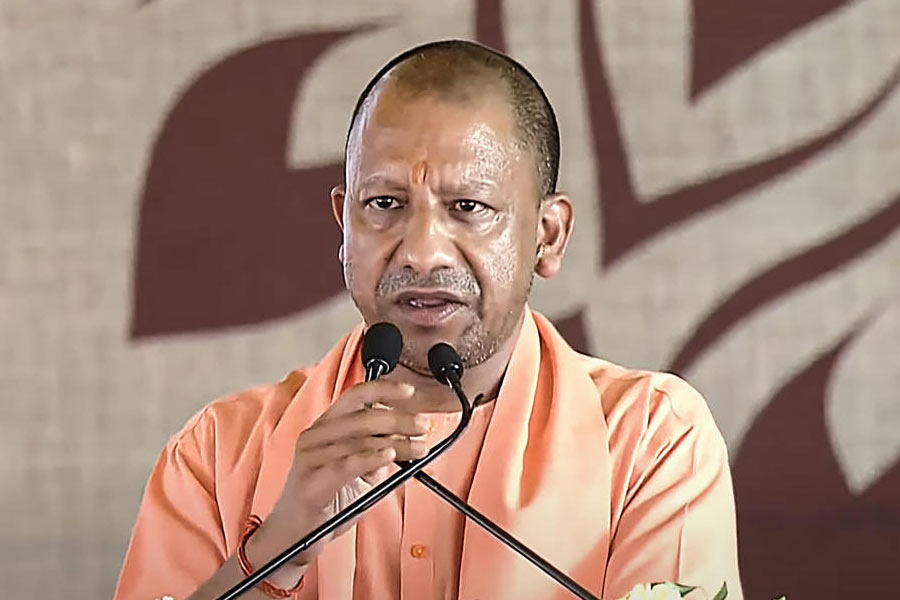The Supreme Court on Thursday restrained Uttar Pradesh police from taking coercive action against journalist Mamta Tripathi, who faces four FIRs over articles critical of the Yogi Adityanath government.
Tripathi has alleged receiving constant threats on social media, including threats of sexual assault.
The journalist had in one of her articles, headlined “Yadav Raj vs Thakur Raj (or Singh Raj)”, written that caste dynamics played a key role in bureaucratic postings in the state, with the Thakur community enjoying a dominant position. Adityanath happens to be from the Thakur community.
While issuing a notice to the state government, a bench headed by Justice B.R. Gavai said: “…In the meantime, it is directed that no coercive steps be taken against the petitioner in connection with the subject articles.”
The next hearing will take place after four weeks.
The police have registered the four FIRs in Ayodhya, Amethi, Barabanki and Lucknow on complaints received from different individuals.
Asked why Tripathi had approached the apex court straightaway, her counsel, senior advocate Siddharth Dave, cited how the top court had granted bail to another Uttar Pradesh journalist, Abhishek Upadhyay, who had reported on the dominance of the Thakur and Singh communities in the state.
Upadhyay had drawn an analogy with the previous Akhilesh Yadav government when, he said, Yadavs dominated the administration.
On October 4, the bench of Justice Hrishikesh Roy and Justice S.V.N. Bhatti had stayed any coercive action against Upadhyay while observing that criminal cases should not be registered against journalists merely because their writings are perceived as criticism of the government. They had invoked the fundamental right
to free speech.
Dave told Thursday’s bench — which included Justice P.K. Mishra and Justice K.V. Viswanathan — that Upadhyay faced a single FIR compared with Tripathi’s four.
The provisions invoked in the FIRs against Tripathi include several sections of the Bharatiya Nyaya Sanhita such as 353(2) (statements conducive to public mischief); 197 (imputations, assertions prejudicial to national integration); 302 (uttering words, etc, with deliberate intent to wound religious feelings of any person); and 356(2) (defamation).
Tripathi’s petition, filed through advocate Amarjit Singh Bedi, describes her as “a veteran investigative journalist” and “an outspoken critic of corruption and… abuse of process prevalent in government machinery”.
It says the FIRs have been registered “to create a chilling effect and deter her from raising questions on the functioning of the incumbent government”.
“The petitioner is continuously getting threats on social media which include arrest, bodily injury, outraging her modesty,” it says.










